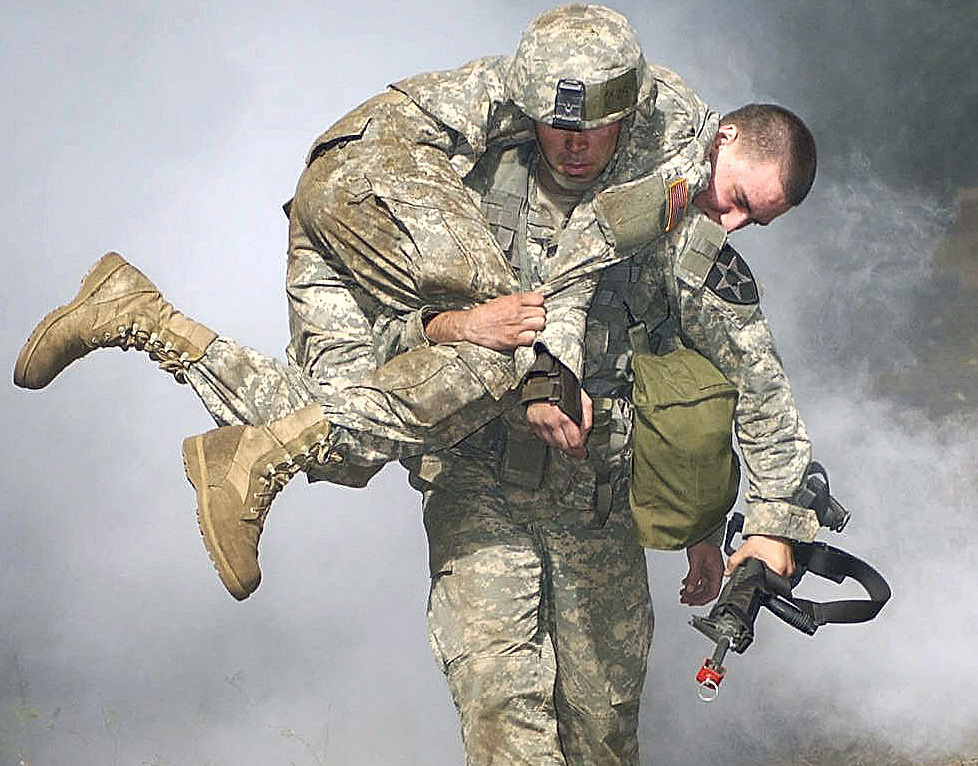I don't remember what I was doing there, if I was in the process of changing my name or if I was dropping something off there as a favor for my boss, but as I opened the door to leave the building, I saw a man, a professor maybe, heading my way up the steps. I must have been in a pretty good mood because I actually looked up at him as he walked toward me instead of quickly glancing up and looking back down at the concrete as I usually did when I came across anyone on campus.
This time, I pressed my lips together and pulled the ends toward my ears and gave him a pathetic excuse for a smile. I don't remember the look he gave me, but I imagine it to be a kind and friendly smile, and he said a simple phrase before moving past me into the cool building:
"It's okay to smile," he said.
For some reason I needed that verbal permission to look people in the eye and give them a real smile. My original looking-down habit might have come from one too many faces meeting mine with blank stares, simply looking past me. Walking back down the steps of the ASB, though, my habit made a 180* turn, and I started to look into people's faces. It became a focus on my walks home--who could I smile at? Could I pass the permission to smile on?
I still get people who pretend like I don't exist (I'm sure I do the same sometimes), and there are days when I'm not feeling quite social enough or just a little too stressed and I keep my face angled toward the ground instead. These days come more and more frequently toward the end of a semester. I'm realizing, though, that looking at the people I cross paths with and giving them a genuine smile that says, "Hi!" or "I hope you have a good day," makes me feel better, too. It's obvious and simple, but it's easy for me to forget. So now, I'm telling you:
It's okay to smile.


